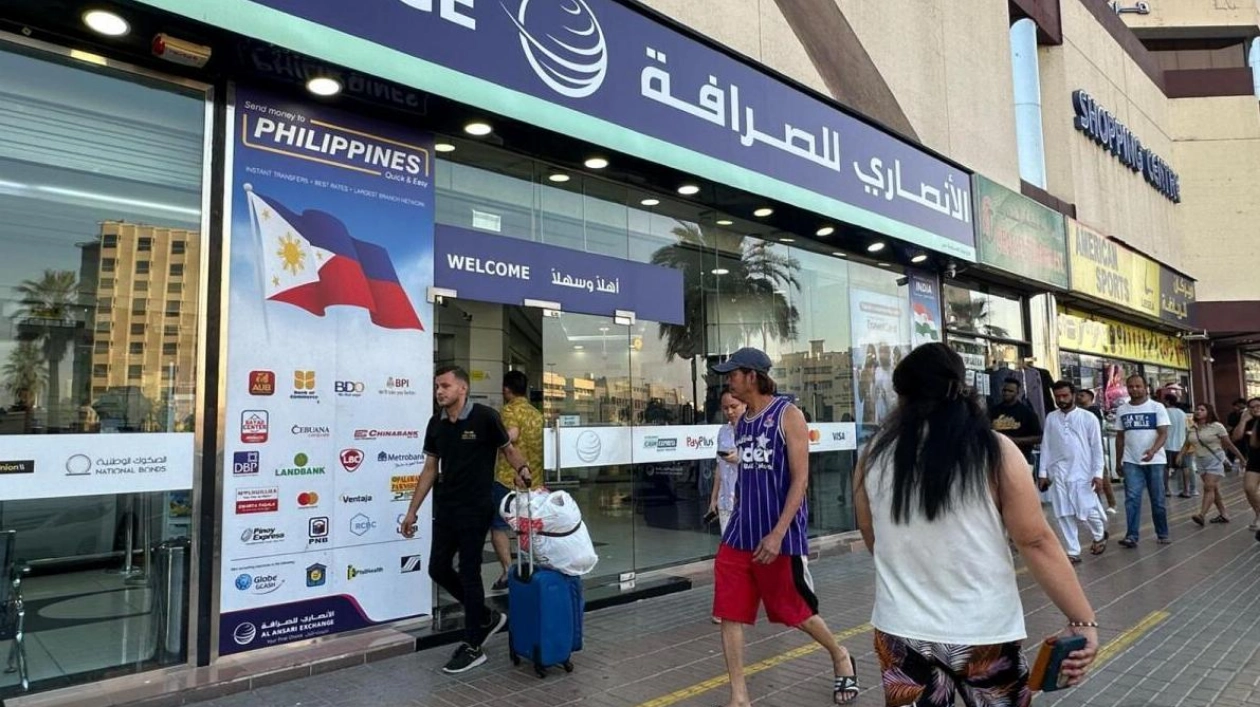The UAE dirham-Philippine peso exchange rate has almost reached the P16 mark. This implies that a Filipino expat sending around Dh4,000 per month to their family in the Philippines now receives an additional P8,000 in remittances compared to three years ago when the rate was approximately P14 to the dirham. However, for Filipino chef Rudy Gamit Galorport, 47, the high exchange rate is merely an illusion as the real value is diminished by the rapid increase in prices of goods and services in the Philippines, negating any increase in remittance. Galorport revealed to Khaleej Times that he now sends more dirhams to cover increased grocery and utility bills. Previously, he sent about P30,000 or Dh2,150, but now, due to rising costs of essentials, he sends at least P40,000 or roughly Dh2,500 monthly. Similarly, Dayrene Capistrano Nollas, 36, a single mother with two children, is seeking a higher-paying job to cover her family's growing expenses in the Philippines.
The concept of 'money illusion' in behavioral economics refers to the situation where an increase in remittance due to a higher exchange rate is offset by a rise in the cost of living. Dr. Rommel Sergio, an author and Associate Dean at Canadian University Dubai, explained that this phenomenon is not exclusive to Filipino expatriates but affects workers globally. Despite the Indian and Pakistani rupees weakening against the UAE dirham, increasing the amount remitted, this does not equate to an increase in purchasing power. Sergio emphasized that 'money illusion' highlights the gap between nominal wage increases and actual purchasing power, influencing how individuals perceive their economic well-being. He noted that focusing on the face value of money rather than its purchasing power can lead to a false sense of financial security, as the real value of income may remain unchanged or decrease. Sergio suggested that to counteract 'money illusion', governments and policymakers should focus on controlling inflation and ensuring wage increases keep pace with or exceed rising living costs. He also stressed the importance of financial education and regular salary reviews based on inflation rates and cost-of-living indices to maintain viable purchasing power and improve living standards for the global workforce.






